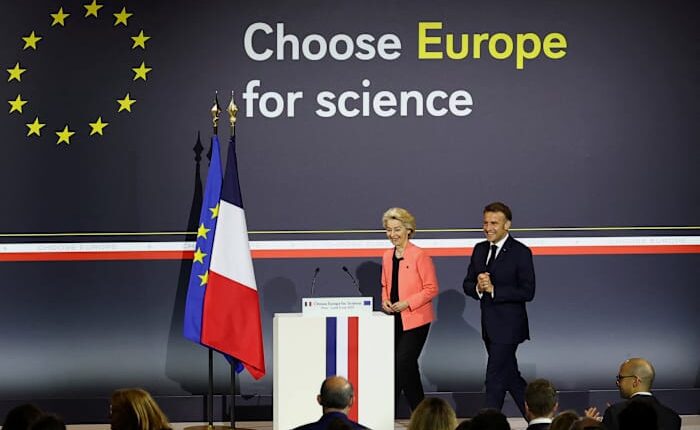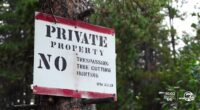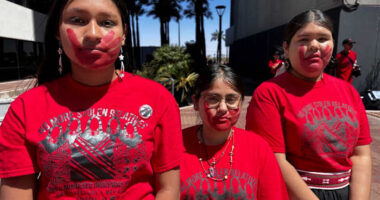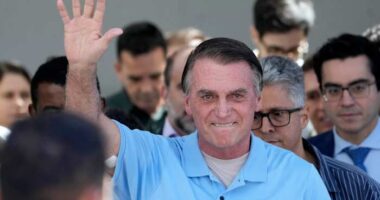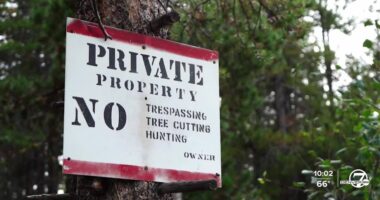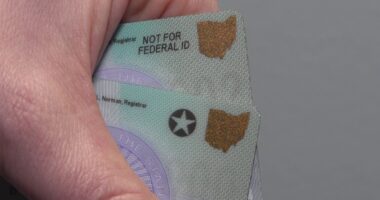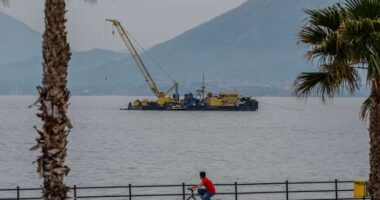
Europe is making a move to attract scientists and researchers with new grants and policy initiatives after the U.S. government froze funding related to diversity, equity, and inclusion programs. French President Emmanuel Macron expressed surprise at the U.S. administration’s actions during the “Choose Europe for Science” event in Paris.
Macron highlighted the unexpected cancellation of research programs and visa restrictions that hinder researchers in the U.S. He emphasized the importance of supporting researchers and ensuring they have the necessary resources for their work.
The European Union’s initiative aims to position Europe as an attractive destination for scientists and innovators globally. By offering grants and creating supportive policies, Europe seeks to capitalize on the talents and expertise of researchers willing to work in the region.
Taking the same stage at the Sorbonne University, European Commission President Ursula von der Leyen said that the EU’s executive branch would set up a “super grant” program aimed at offering “a longer-term perspective to the very best” in the field.
She said that 500 million euros ($566 million) will be put forward in 2025-2027 “to make Europe a magnet for researchers.” It would be injected into the European Research Council, which already has a budget of more than 16 billion euros ($18 billion) for 2021-2027.
Von der Leyen said that the 27-nation EU intends “to enshrine freedom of scientific research into law” with a new legal act. As “the threats rise across the world, Europe will not compromise on its principles,” she said.
Macron said that the French government would also soon make new proposals to beef up investment in science and research.
Last month, hundreds of university researchers in the United States had National Science Foundation funding canceled to comply with U.S. President Donald Trump’s order to end support to research on diversity, equity and inclusion, as well as the study of misinformation.
More than 380 grant projects have been cut so far, including work to combat internet censorship in China and Iran and a project consulting with Indigenous communities to understand environmental changes in Alaska’s Arctic region.
Some terminated grants that sought to broaden the diversity of people studying science, technology and engineering. Scientists, researchers and doctors have taken to the streets in protest.
While not mentioning the Trump administration by name, von der Leyen said that it was “a gigantic miscalculation” to undermine free and open research.
“We can all agree that science has no passport, no gender, no ethnicity, no political party,” she said. “We believe that diversity is an asset of humanity and the lifeblood of science. It is one of the most valuable global assets and it must be protected.”
Von der Leyen’s drive to promote opportunities in Europe in the field of science and take advantage of U.S. policy shifts dovetails with the way that she has played up the potential for trade deals with other countries since Trump took office in January and sparked a tariff war last month.
The former German defense minister, and trained doctor, vowed that the EU would also address some of the roadblocks that scientists and researchers face, notably excessive red tape and access to businesses.
Macron said that science and research must not “be based on the diktats of the few.”
Macron said that Europe “must become a refuge” for scientists and researchers, and he said to those who feel under threat elsewhere: “The message is simple. If you like freedom, come and help us to remain free, to do research here, to help us become better, to invest in our future.”
___
Lorne Cook reported from Brussels.
Copyright 2025 The Associated Press. All rights reserved. This material may not be published, broadcast, rewritten or redistributed without permission.
